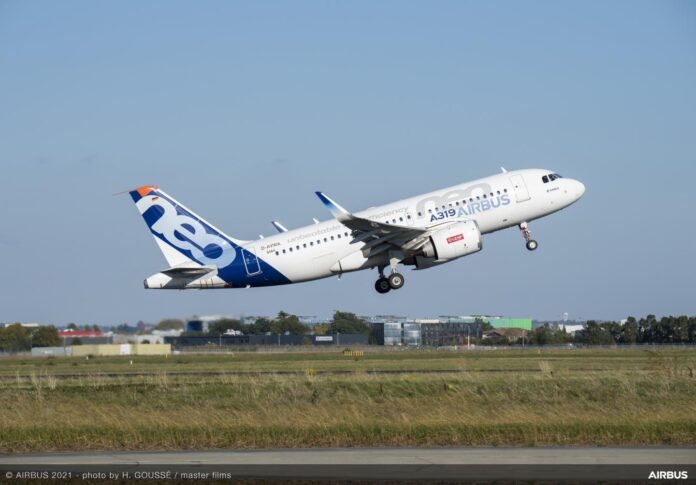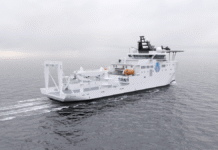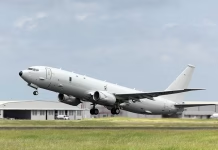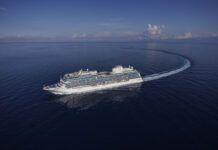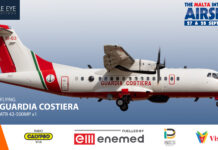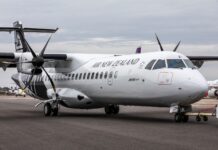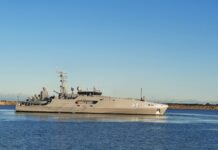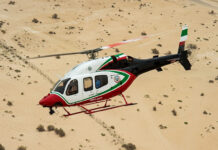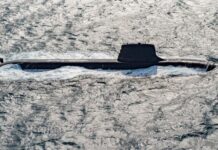The first in-flight study of a single-aisle aircraft operating on sustainable aviation fuel (SAF) has taken off. In doing so, the aviation industry inches one step closer to certification of 100%, unblended SAF for commercial use by 2030.
When the first A320neo took to the skies for the first time in September 2014, it immediately became world-renowned as one of the most efficient aircraft ever built. And it is not hard to see why: the A320 Family boasts the very latest engines and large wingtip devices, all of which contribute to making these aircraft up to 20% more fuel efficient than their predecessors.
Now, seven years later, the A320neo Family is adding to its already impressive list of environmental credentials: the A319neo has become the first single-aisle aircraft to operate on unblended SAF as part of an in-flight study.
It all happened on a pleasant autumn day in October. The A319neo test aircraft departed Toulouse’s Blagnac airport with one of its CFM LEAP-1A engines running on 100% SAF for a first clearance test flight that lasted three hours. Clearance tests are used to ensure that the aircraft meets all applicable safety and performance requirements before further test flights can occur.
“The flight went smoothly,” David O’Nions, Airbus Lead Flight Test Engineer and Pilot, says. “There was no difference in engine behaviour, which gives us confidence that 100% SAF provides comparable performance to conventional jet fuels.”
The study, known as VOLCAN (“VOL avec Carburants Alternatifs Nouveaux”), is a joint project between Airbus, Safran, Dassault Aviation, ONERA and the French Ministry of Transport. Through this collaboration, the partners are looking to analyse the compatibility of unblended SAF with single-aisle aircraft and commercial aircraft engine and fuel systems – an important milestone that takes the aviation industry one step closer to certifying 100% SAF for commercial use by 2030.
At Airbus, we understand we need to go beyond CO2 emissions to gain a more complete picture of aviation’s full climate impact.
Tim Leigh, VOLCAN Project Lead
The untapped potential of unblended SAF without aromatics
The 100% SAF – which is not mixed with any fossil fuels – is a critical part of the VOLCAN in-flight test campaign. This SAF is made from hydro-processed esters and fatty acids (HEFA), which generally consists of used cooking oil and other waste fats.
HEFA is made of paraffinic hydrocarbons and is free of aromatics and sulfur. There are a number of benefits to unblended SAF without aromatics. For example, reduced aromatics lead to a reduction in soot particles. As a result, the number of ice crystals that compose contrails can also be reduced. By operating on 100% SAF without aromatics, the aircraft could thus significantly reduce its climate impact.
“The great thing about HEFA is that it has no aromatics,” explains Tim Leigh, VOLCAN Project Lead. “We specifically selected to test this type of SAF as part of the VOLCAN project due to its high potential to have a positive impact on non-CO2 emissions compared to other types of SAF. At Airbus, we understand we need to go beyond CO2 emissions to gain a more complete picture of aviation’s full climate impact.”
From clearance testing to in-flight emissions performance testing
The clearance test was the first in a series of in-flight tests to come. The next step is in-flight testing of 100% SAF’s emissions performance in November 2021.
The VOLCAN project is one of two 100% SAF climate-impact initiatives that are a part of Airbus’ overall roadmap to achieve certification for the entry-into-service of 100% SAF on the Airbus fleet. The two projects are complementary and enable Airbus to test the use of 100% SAF for both its wide-body and single-aisle aircraft.


